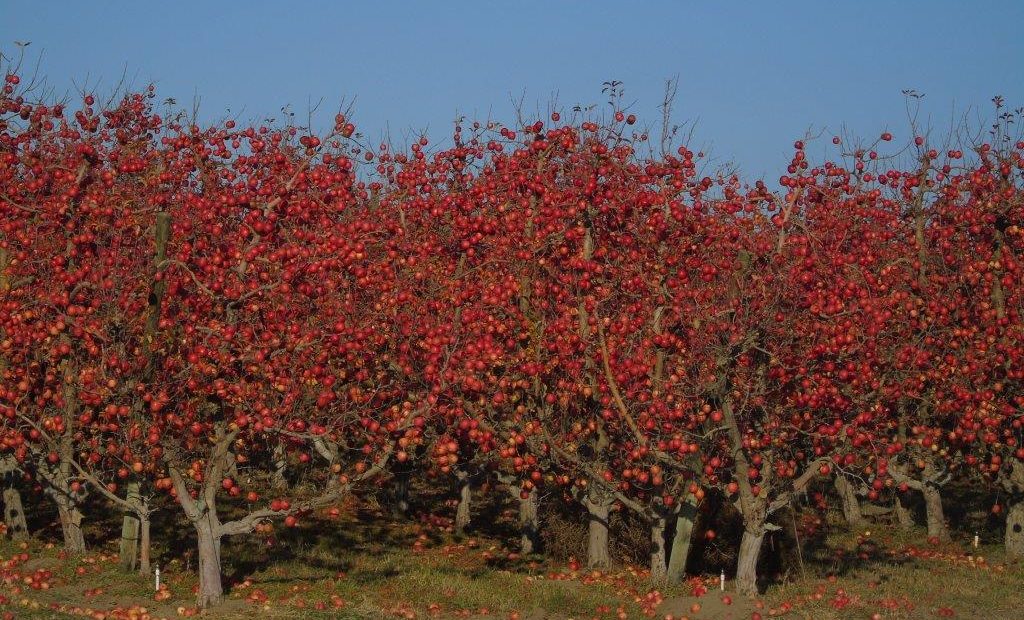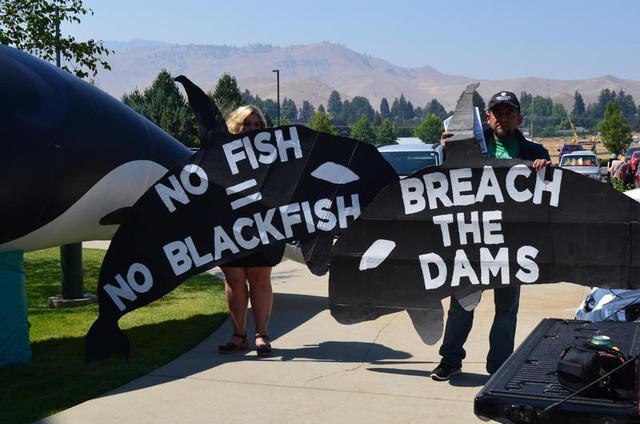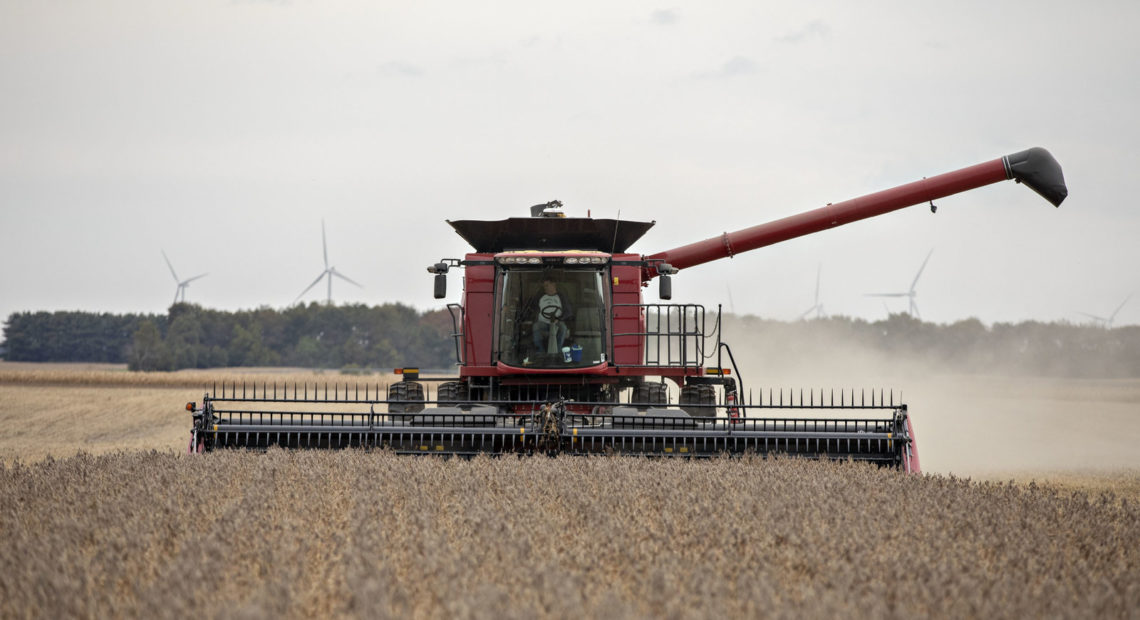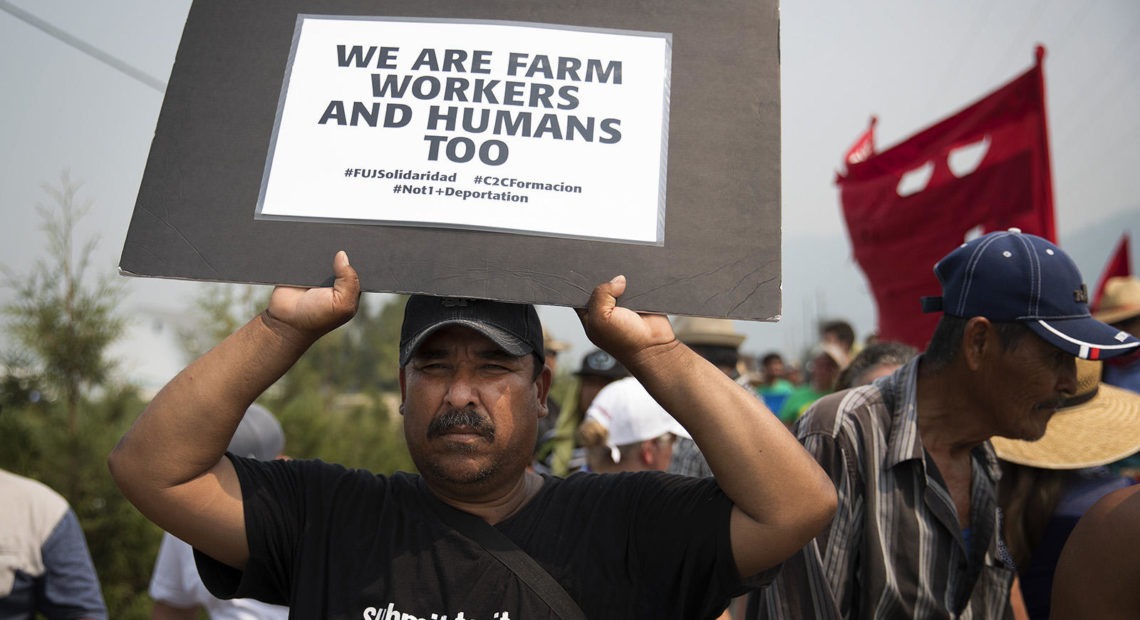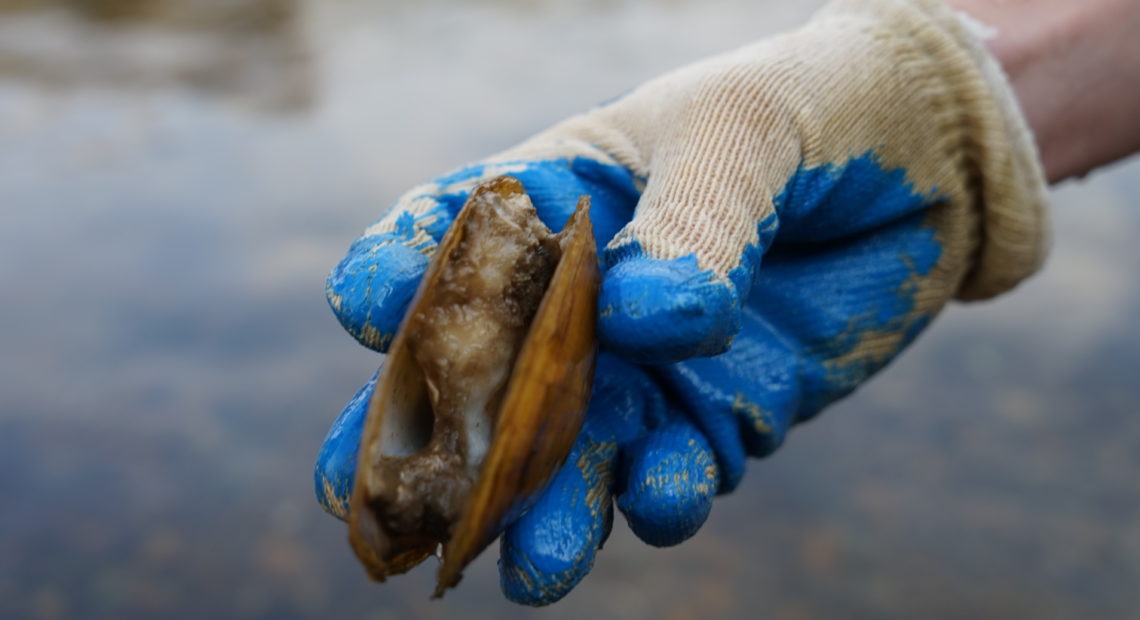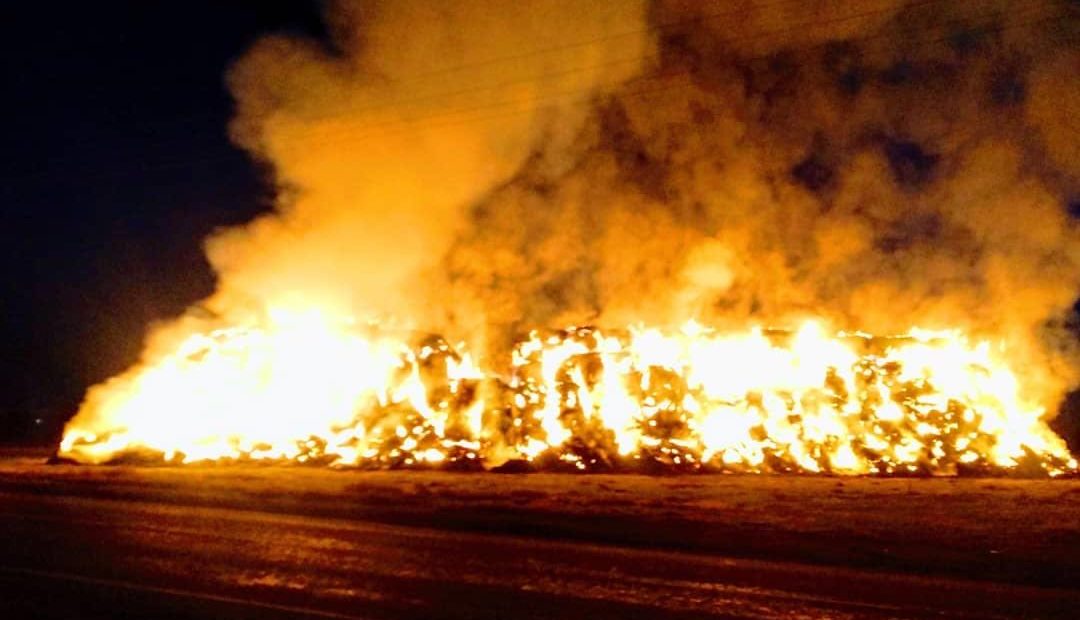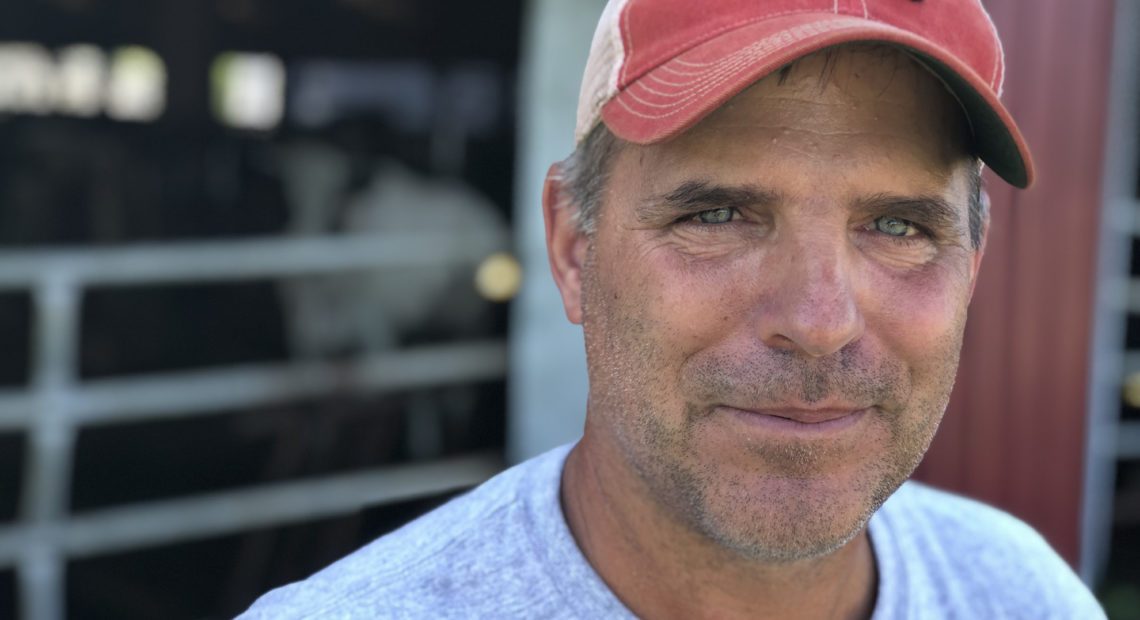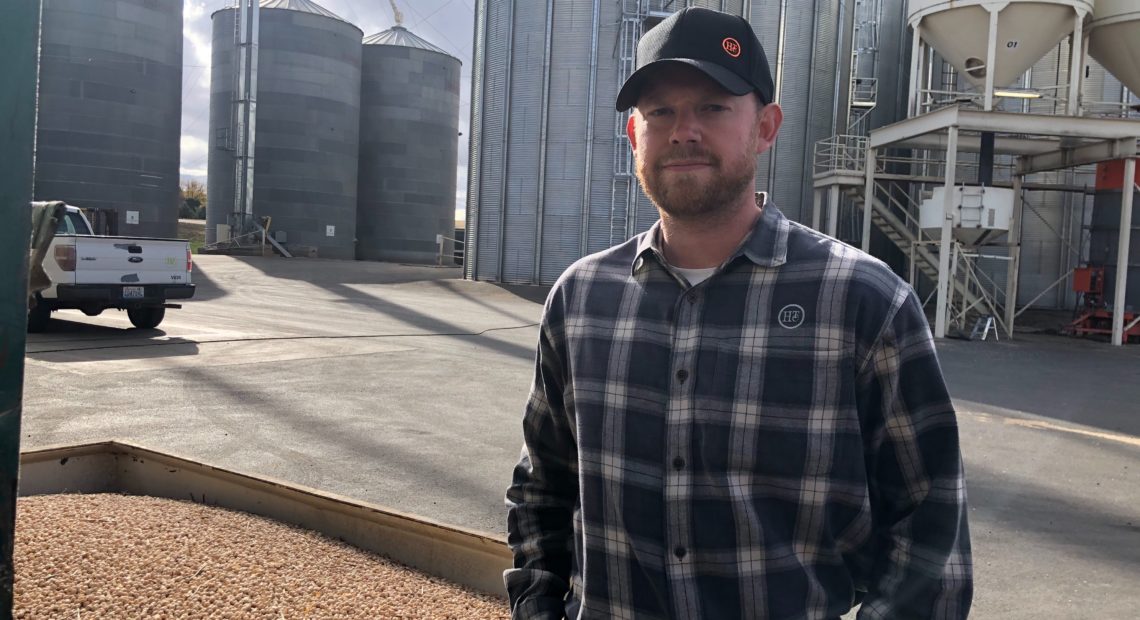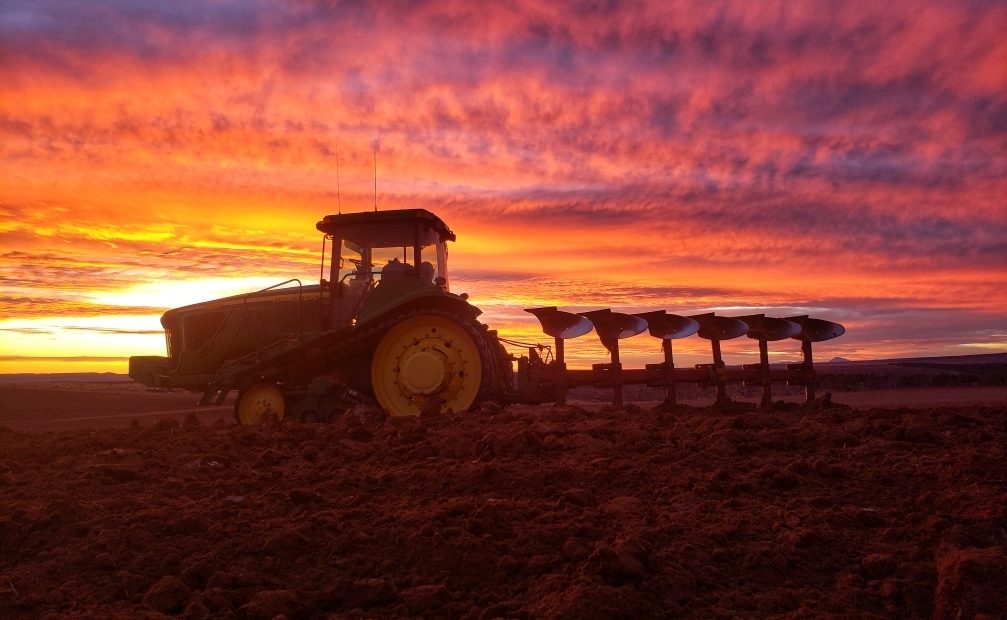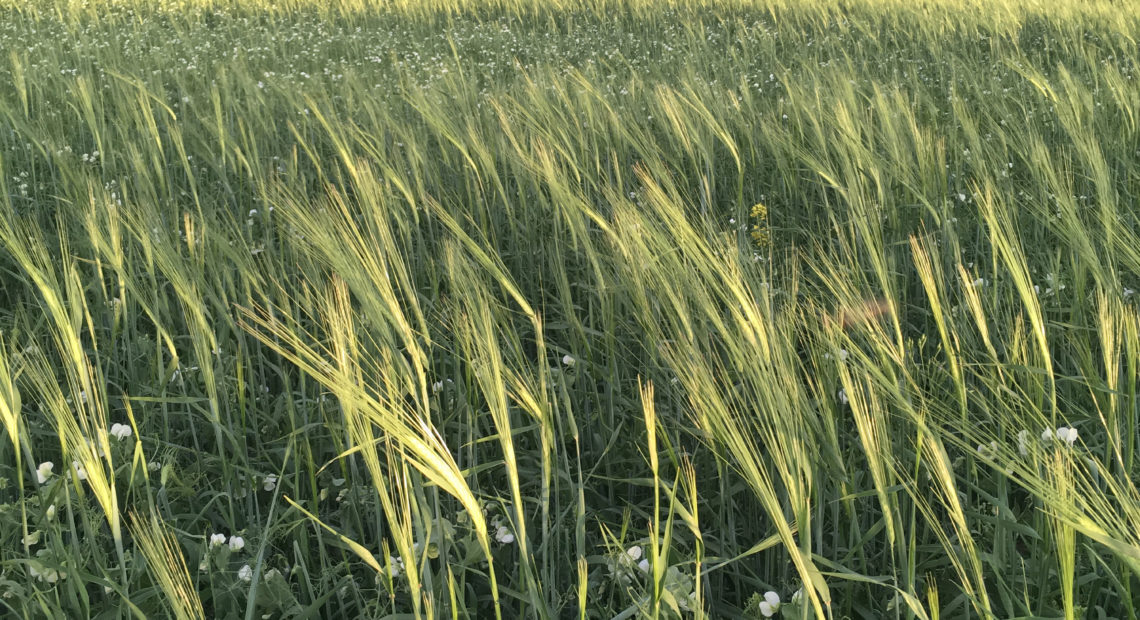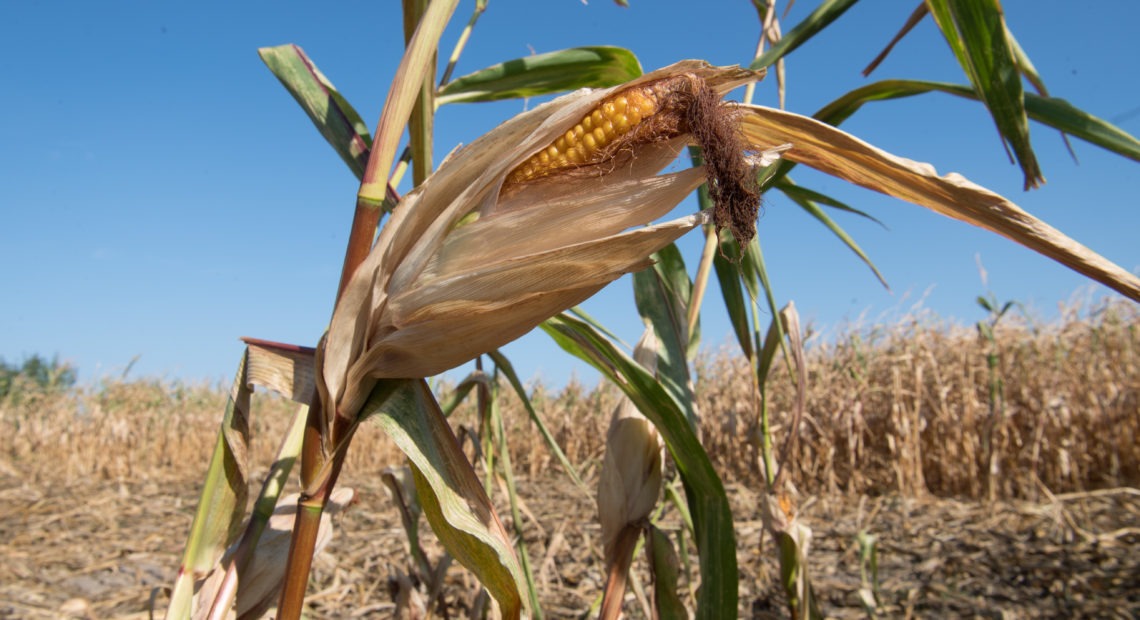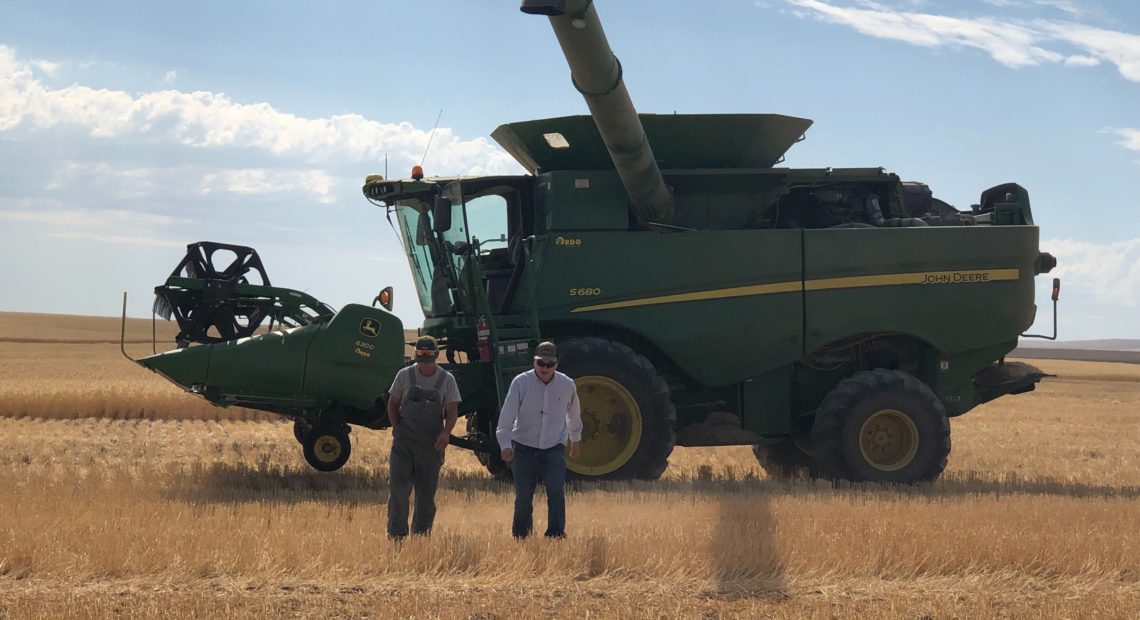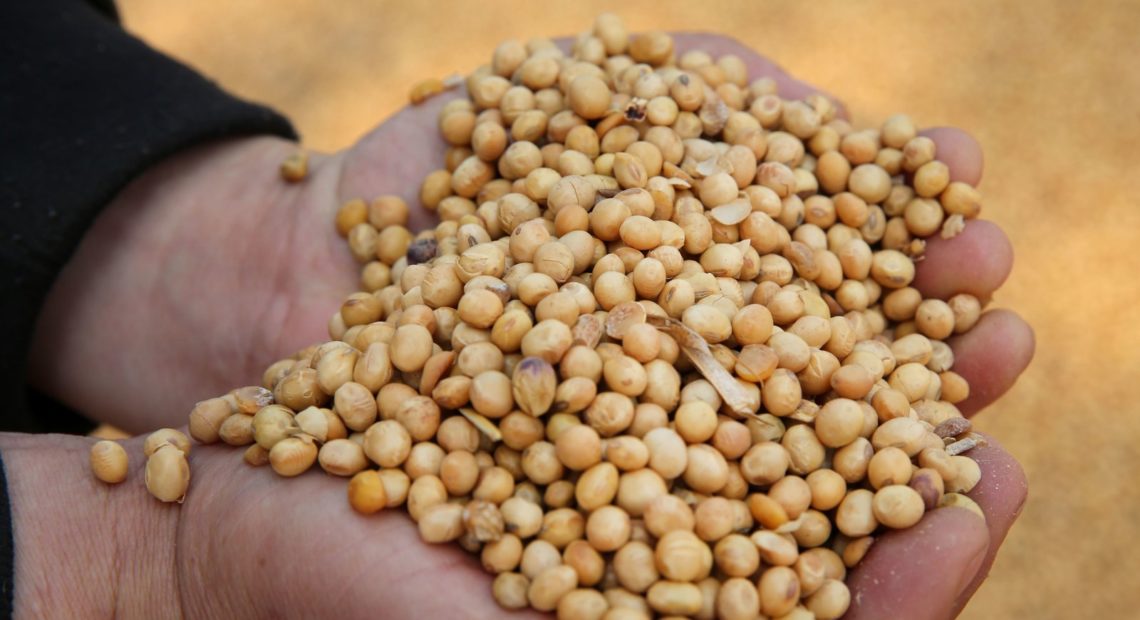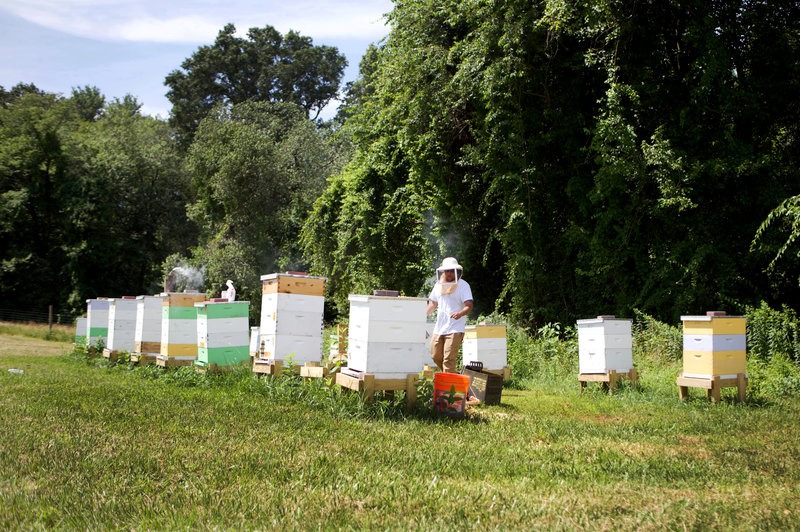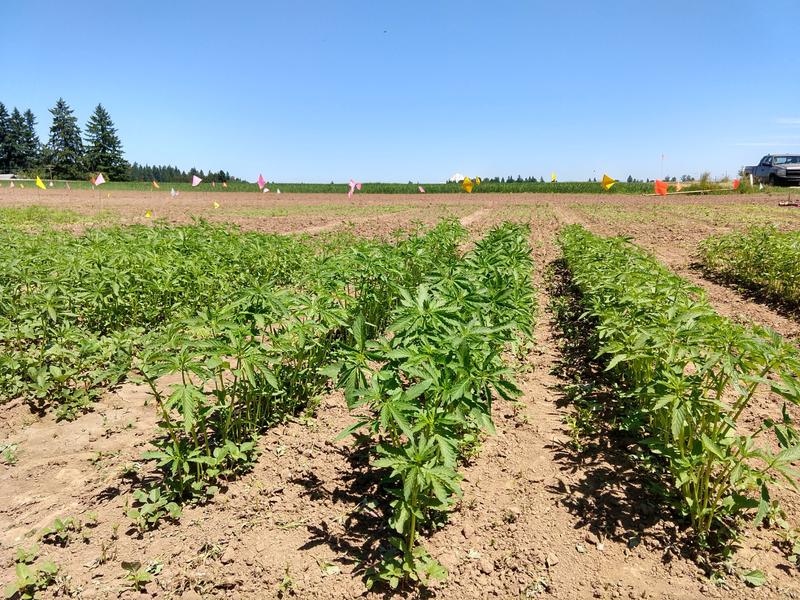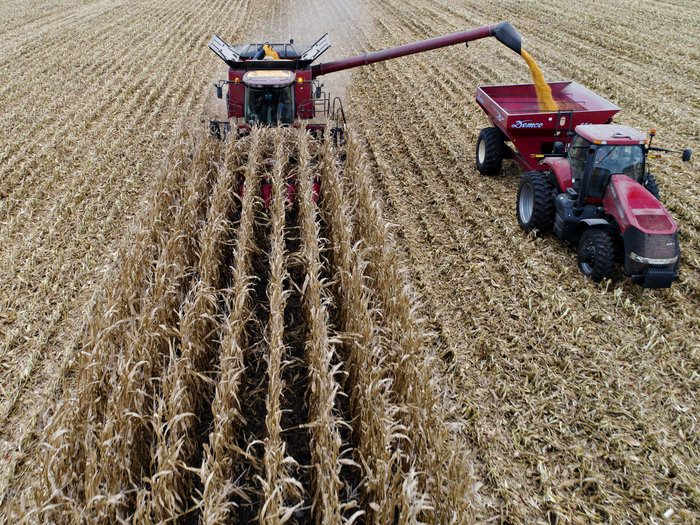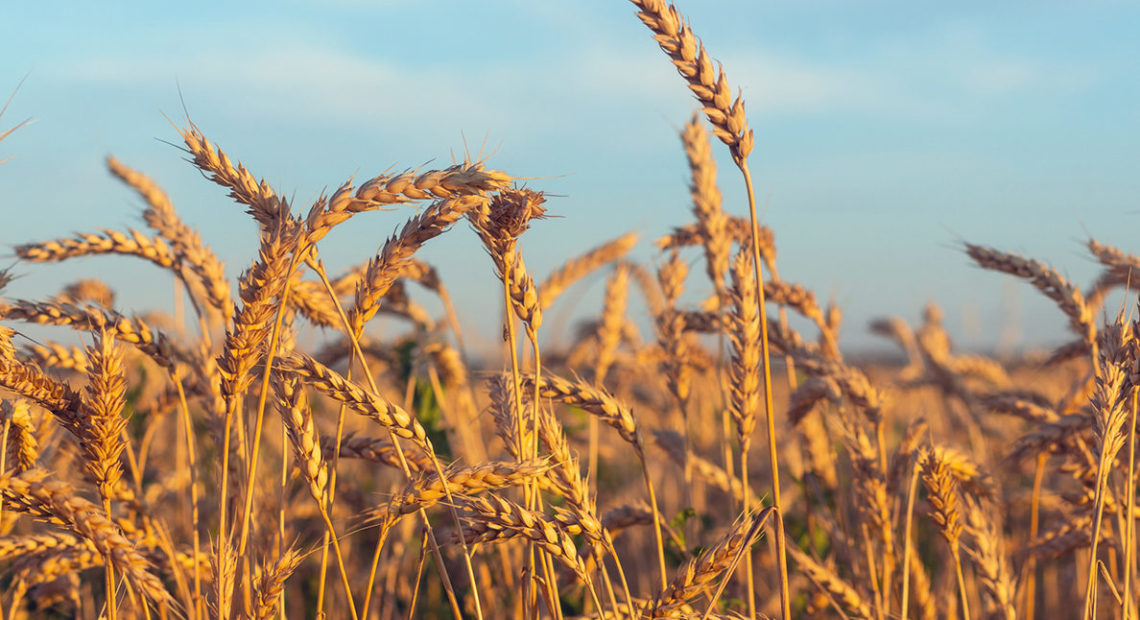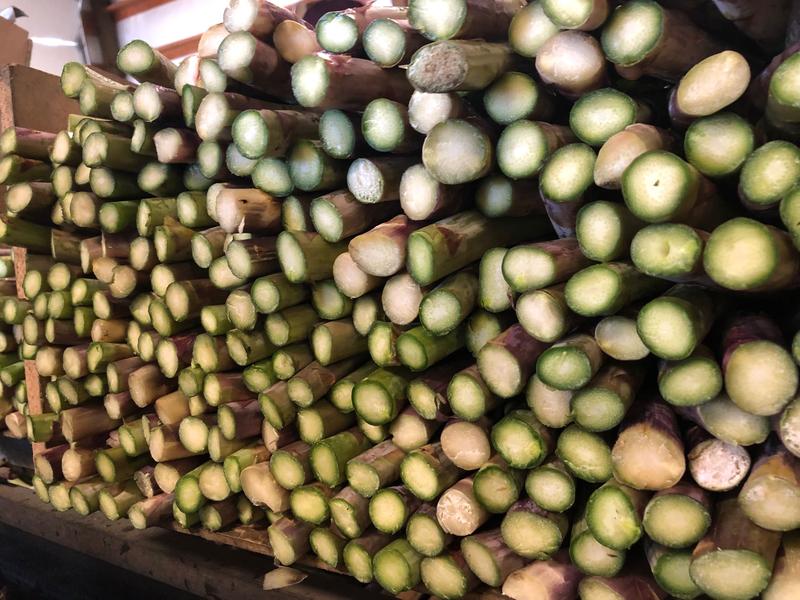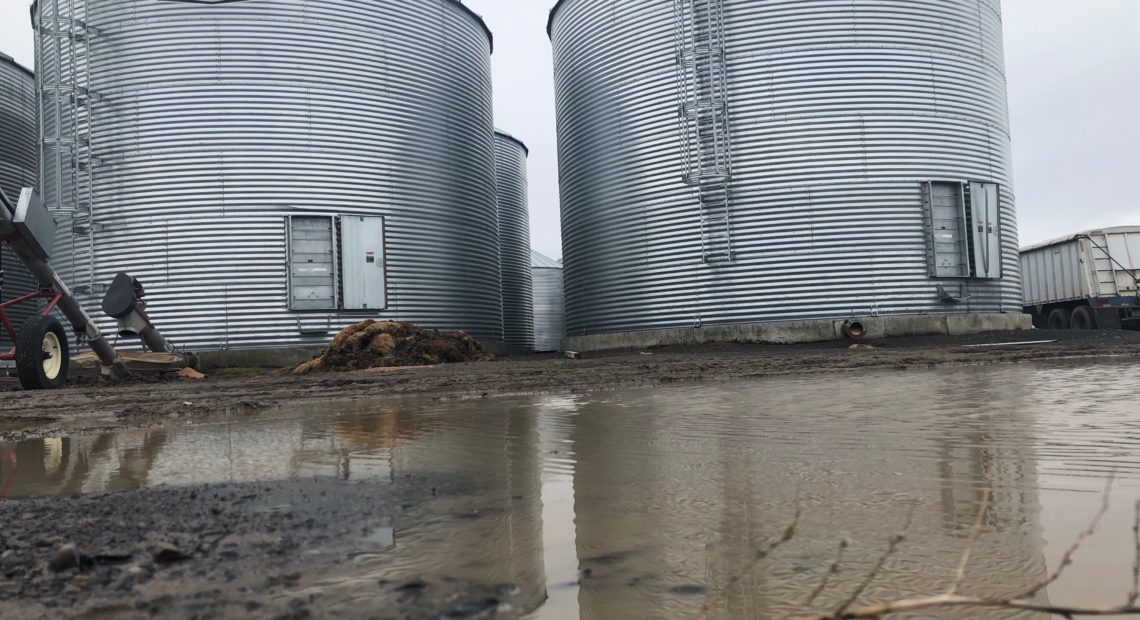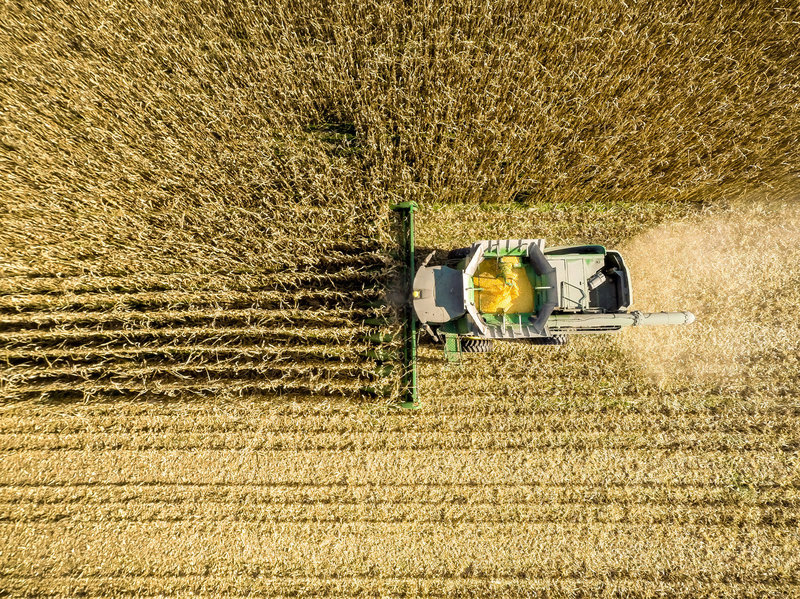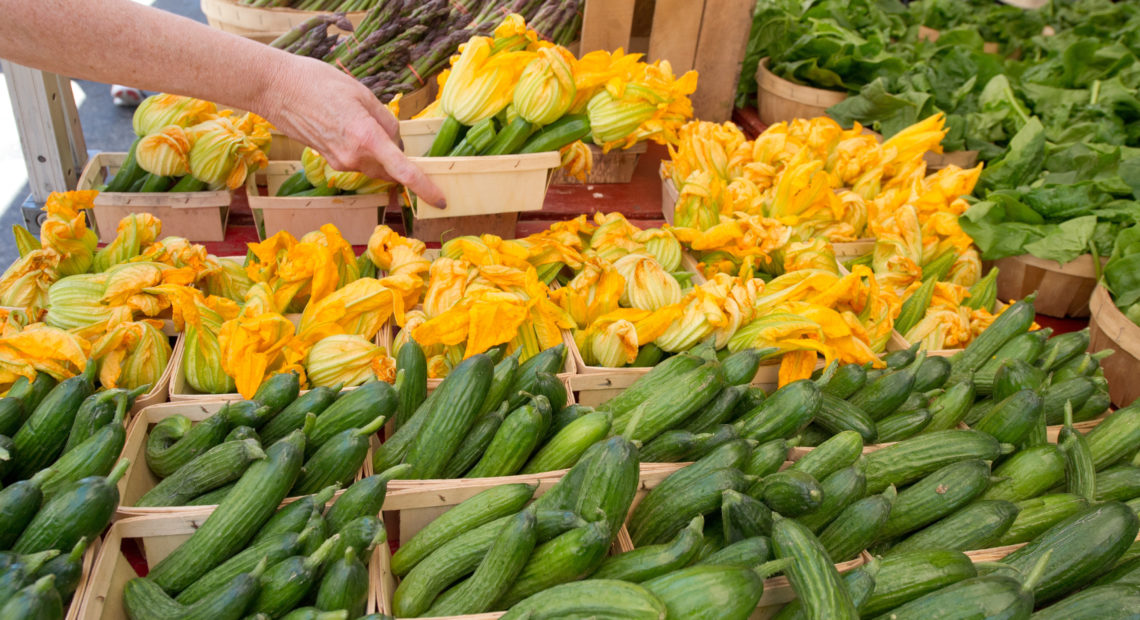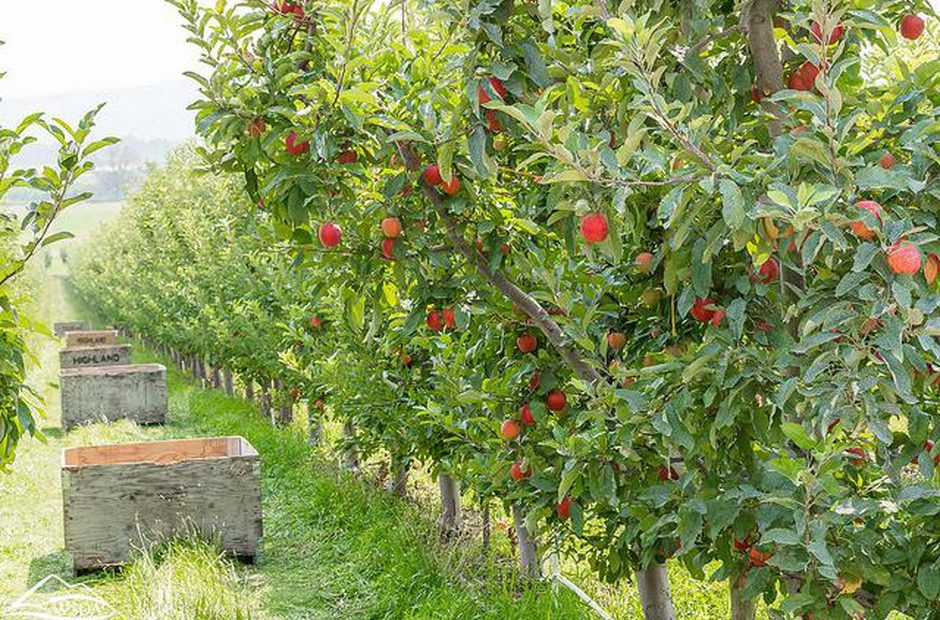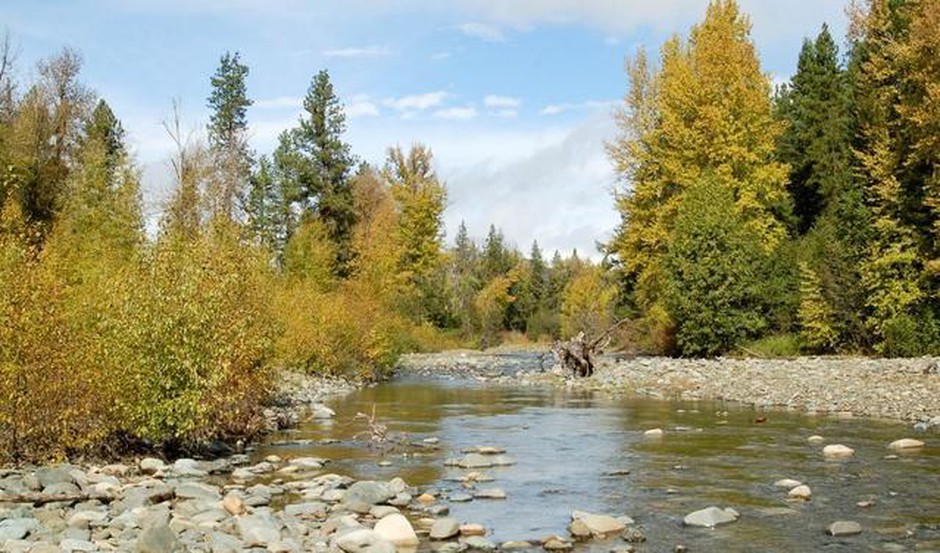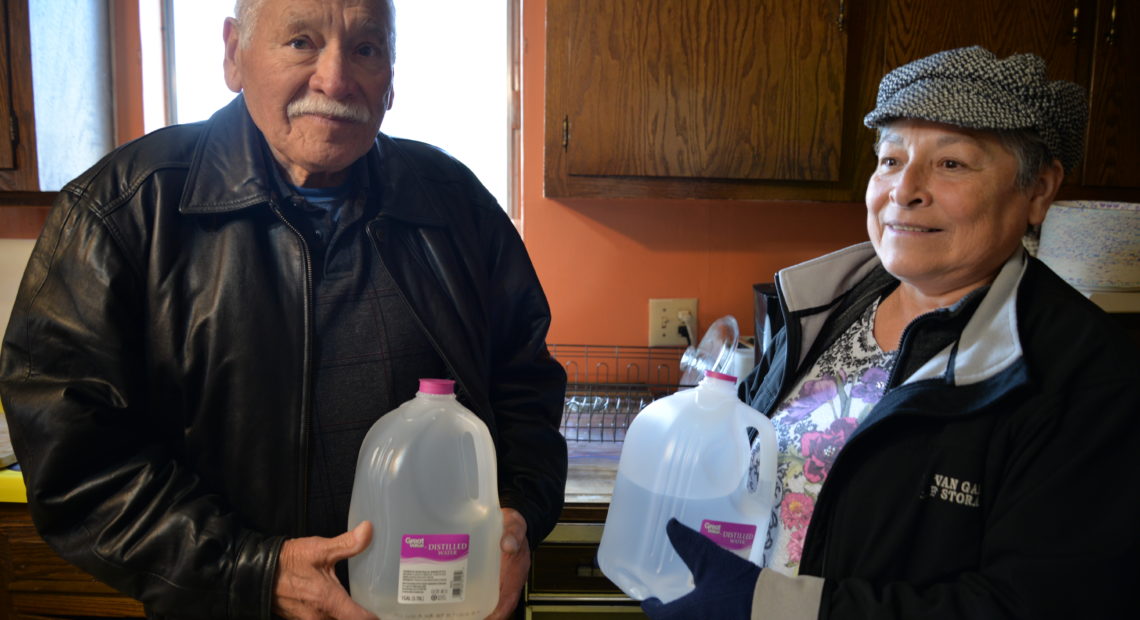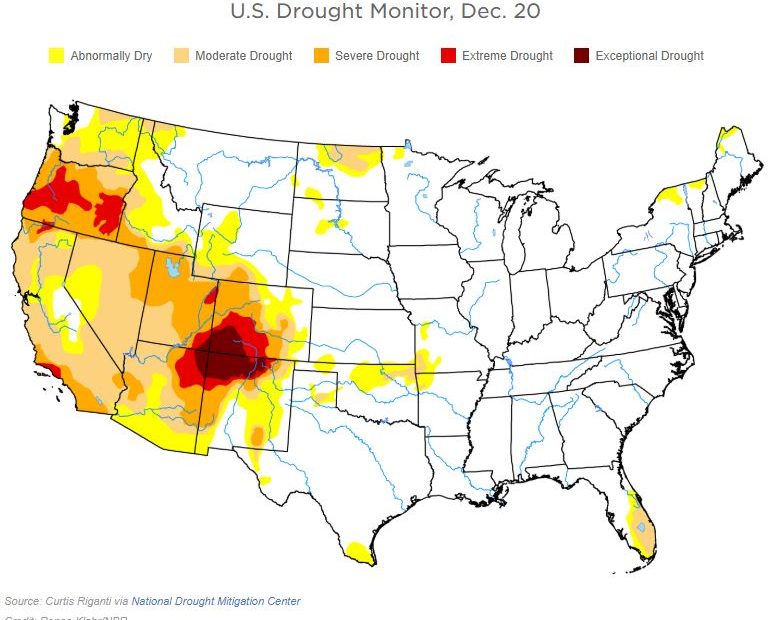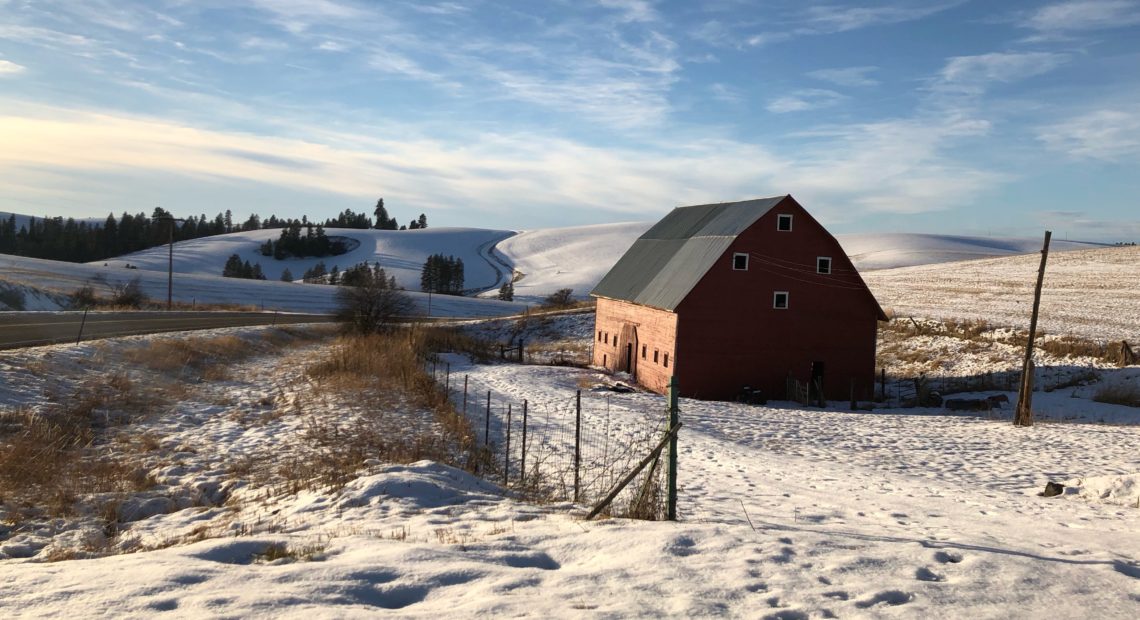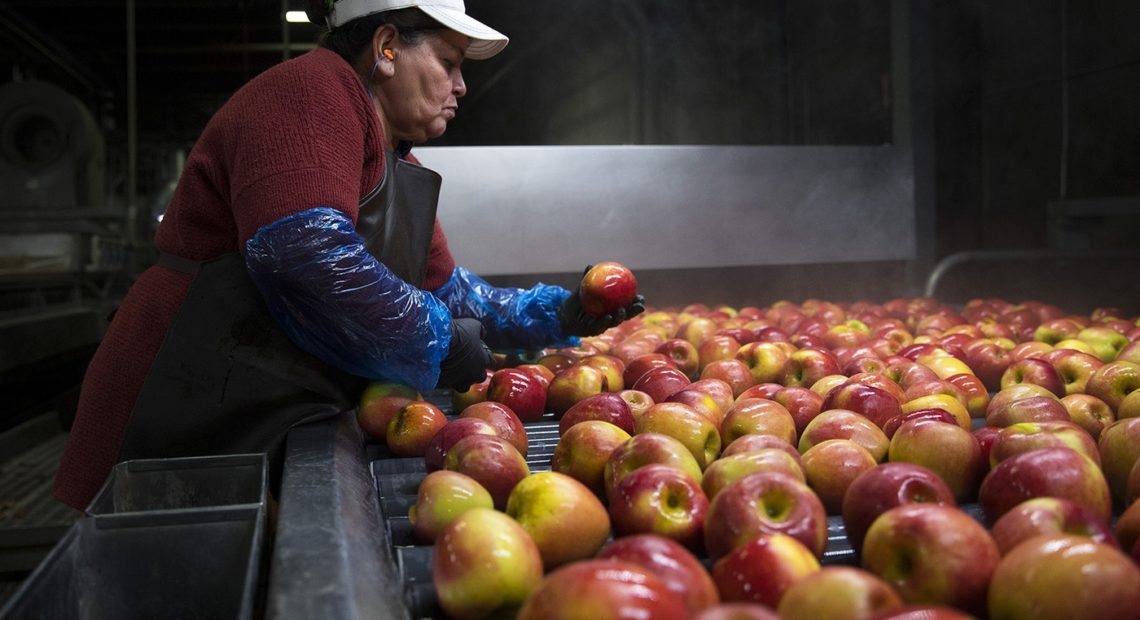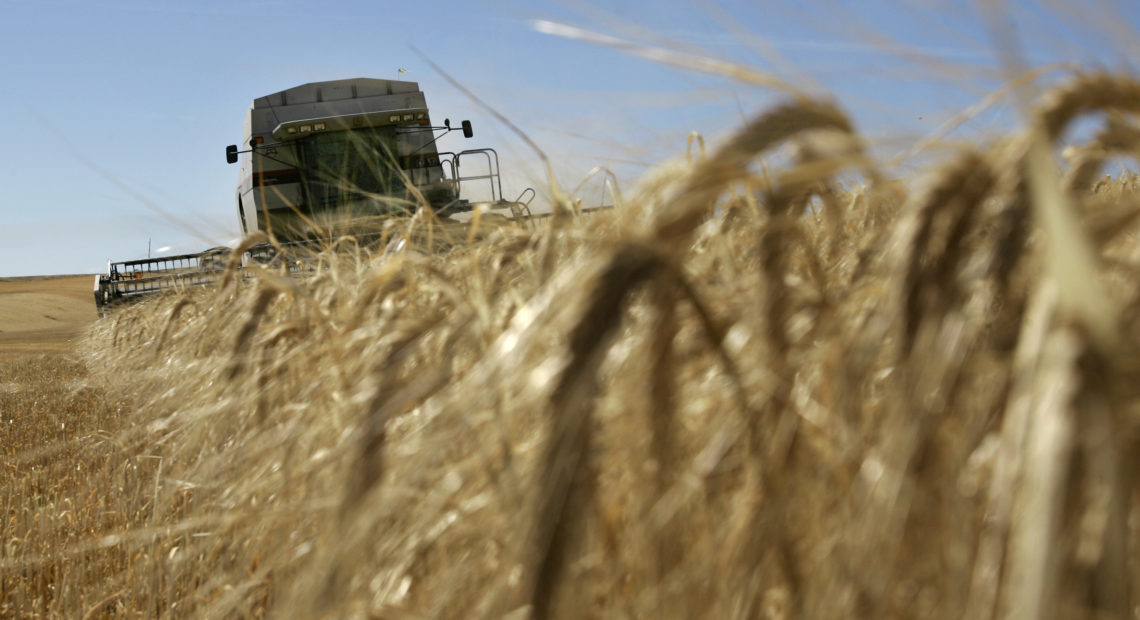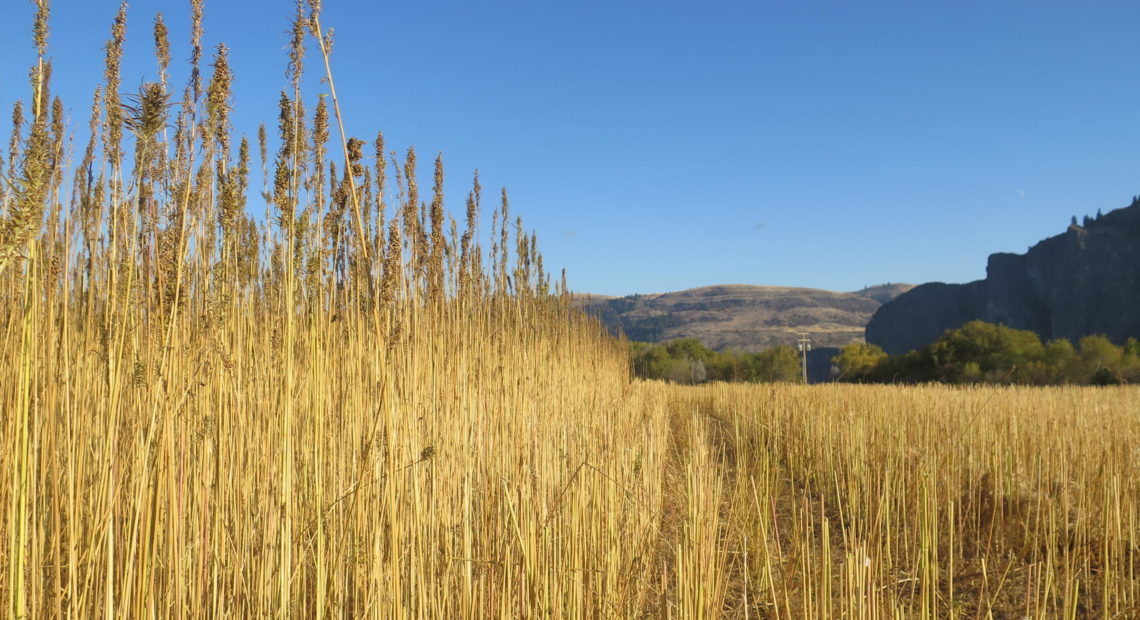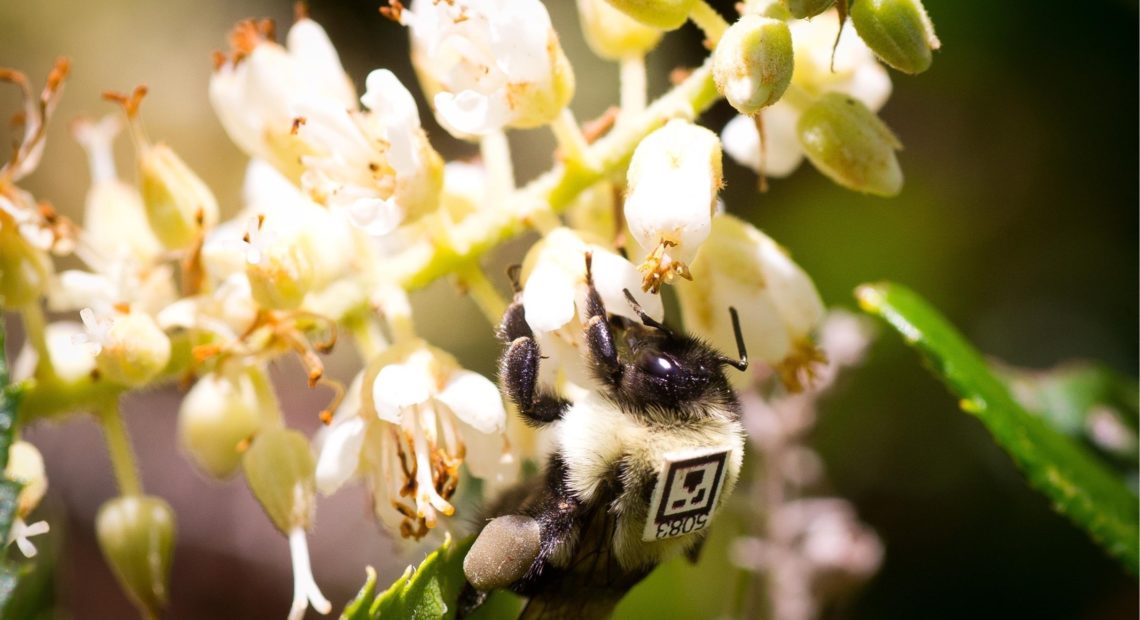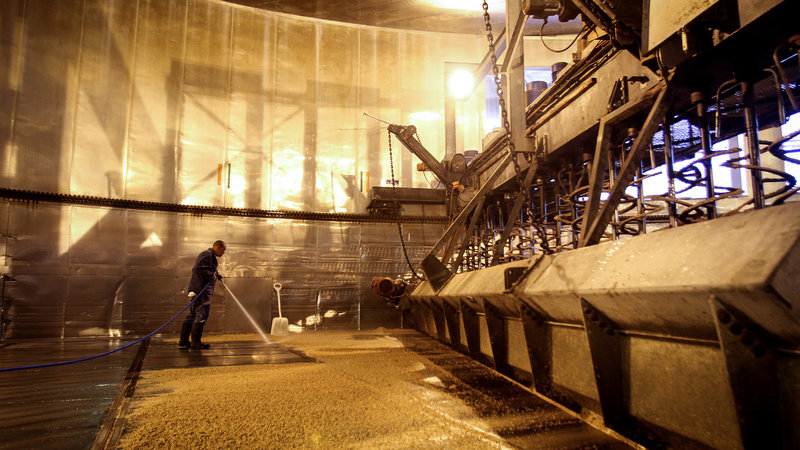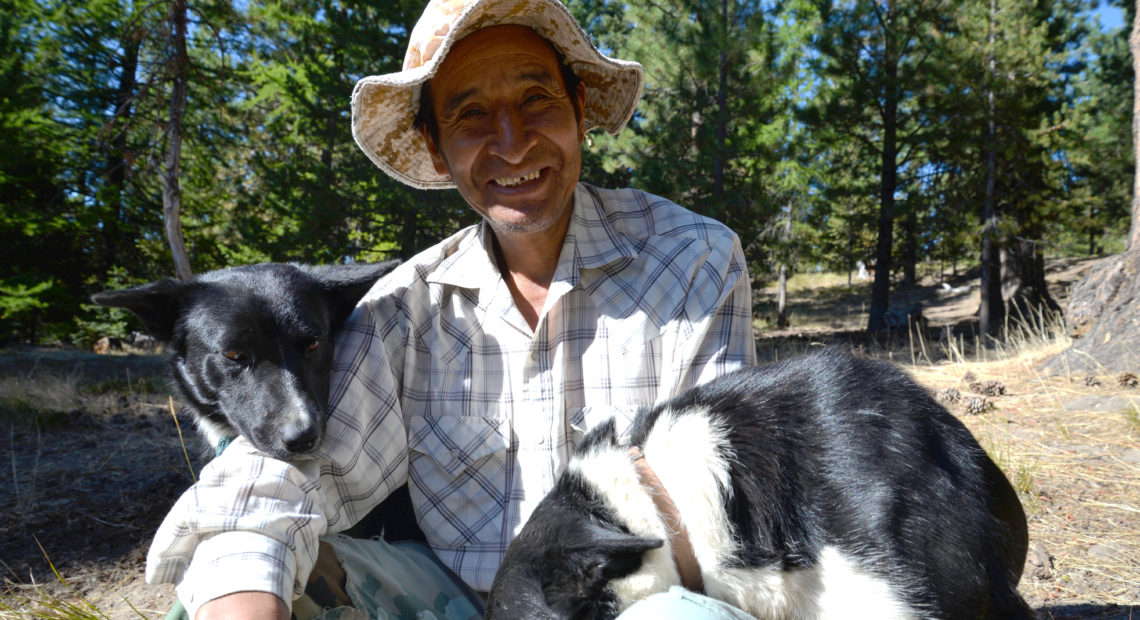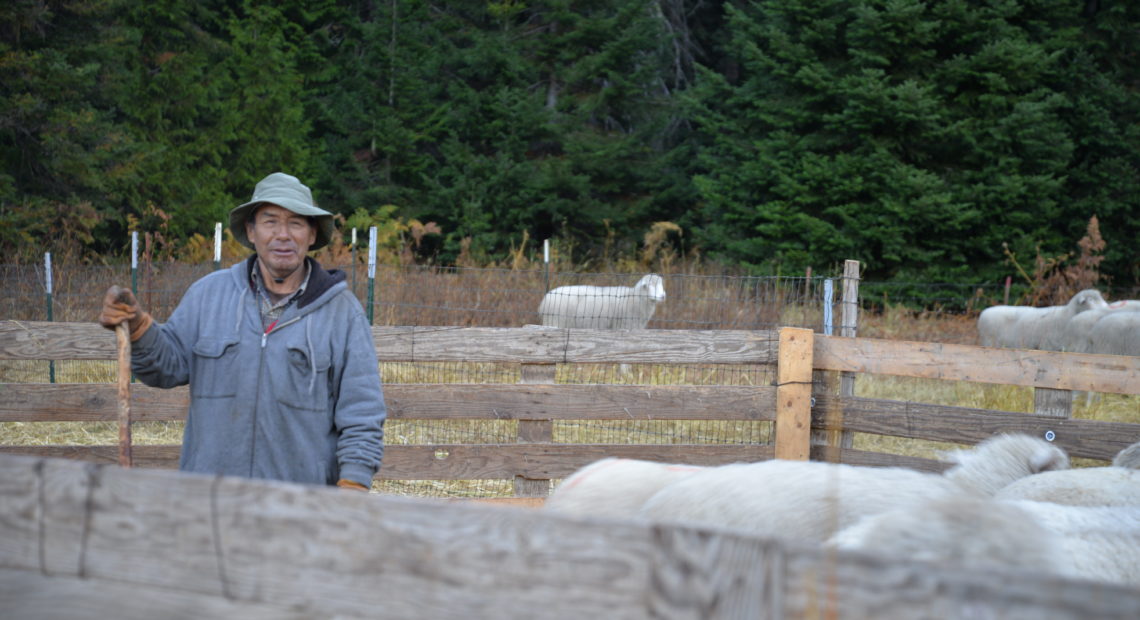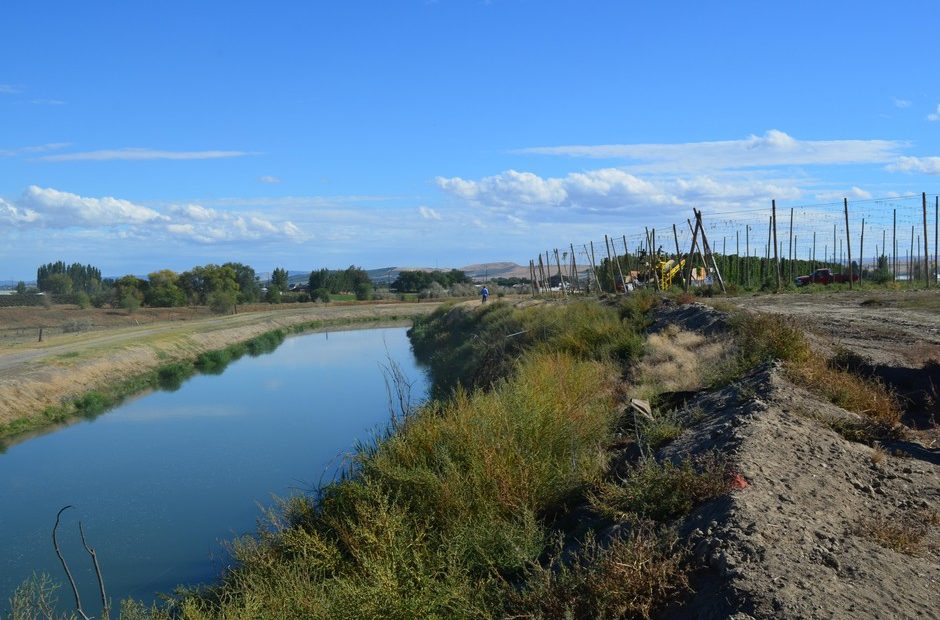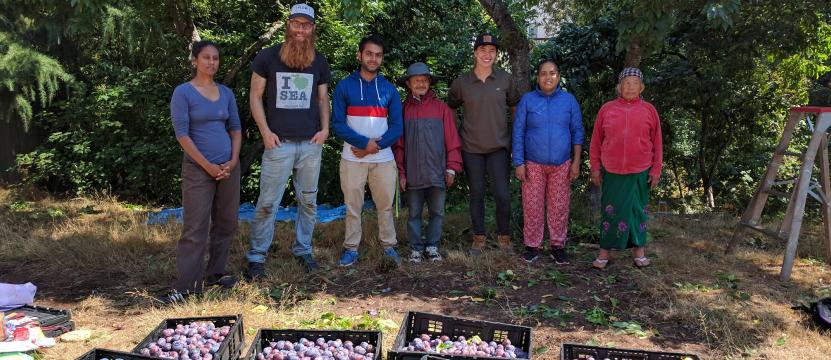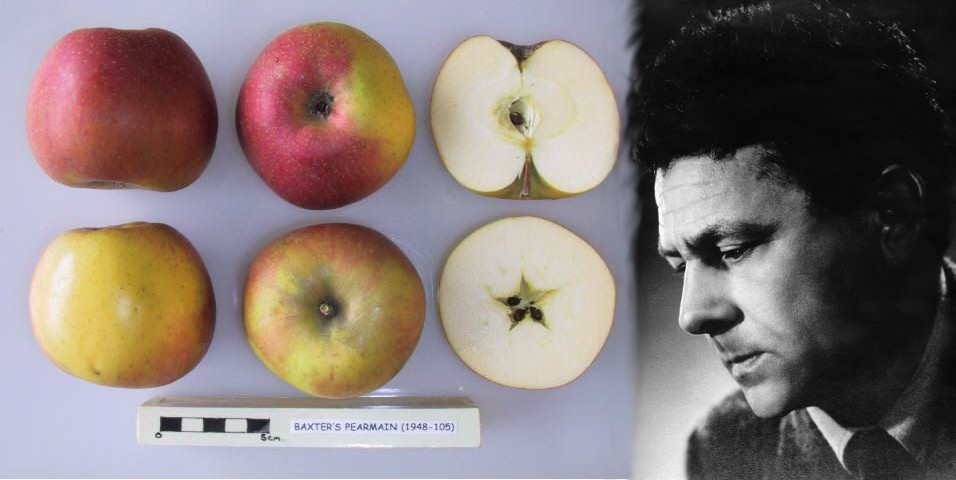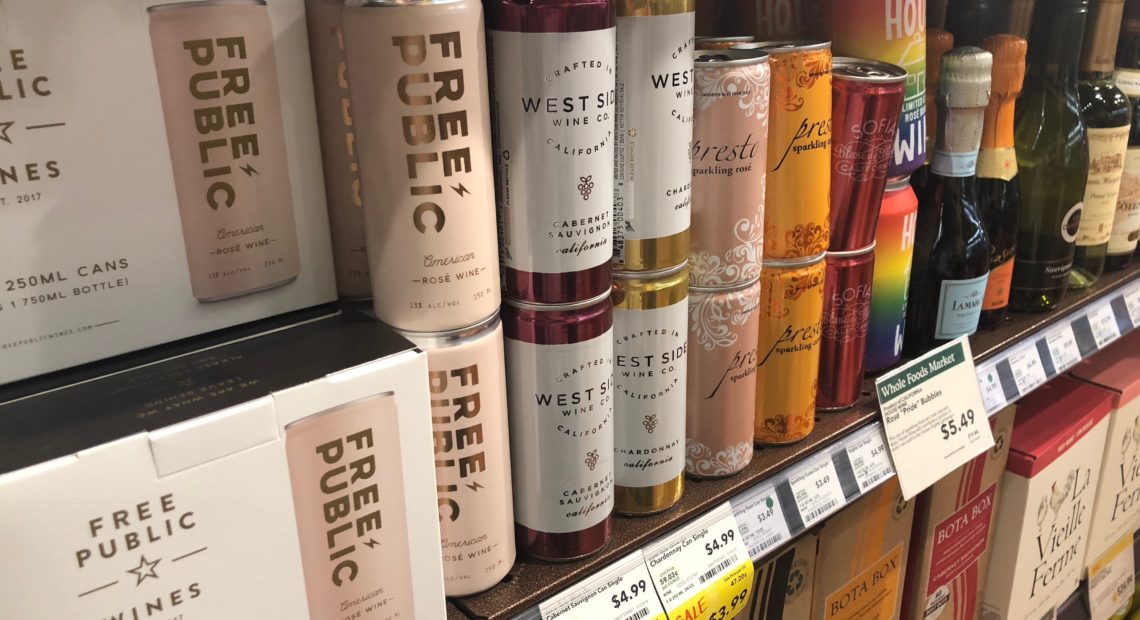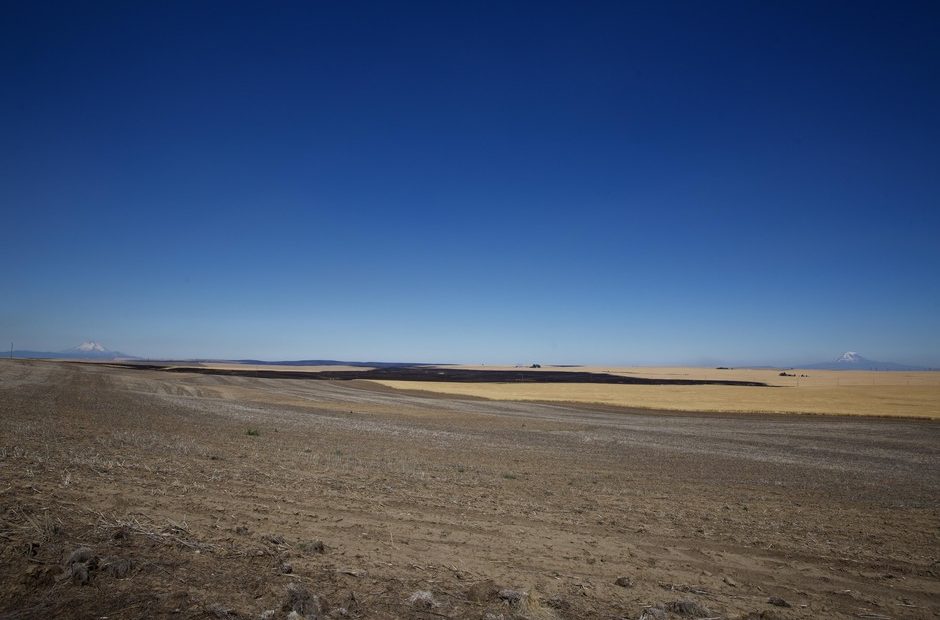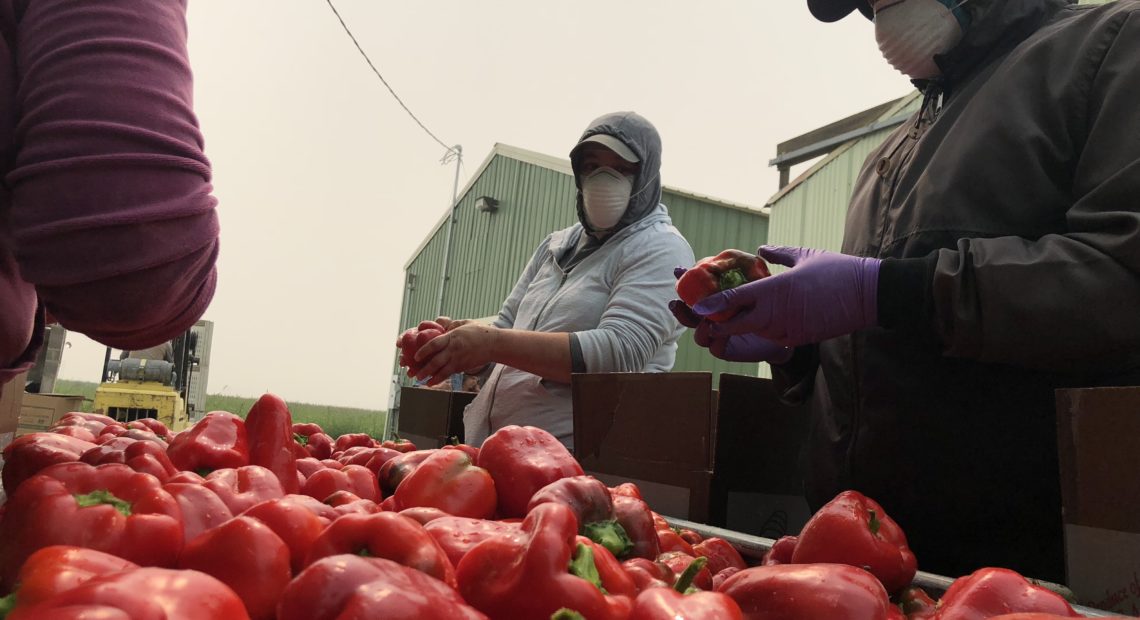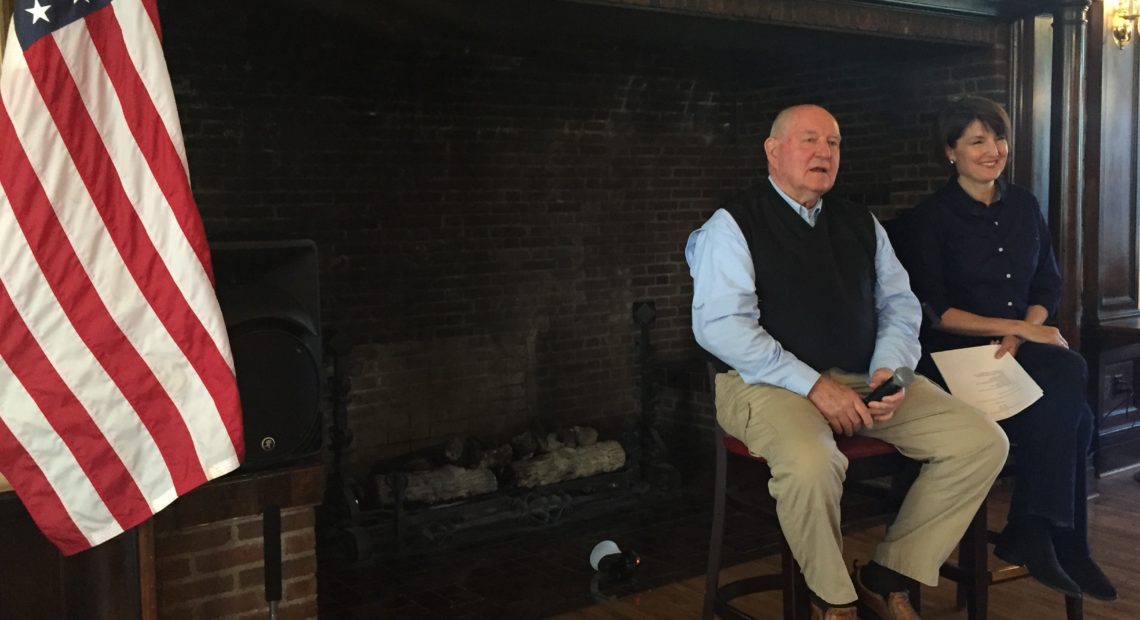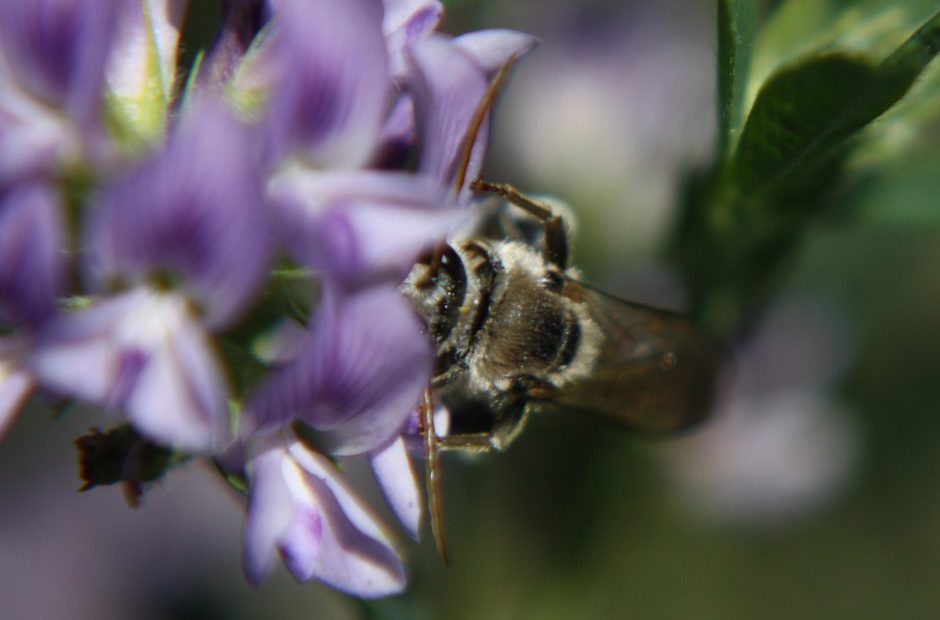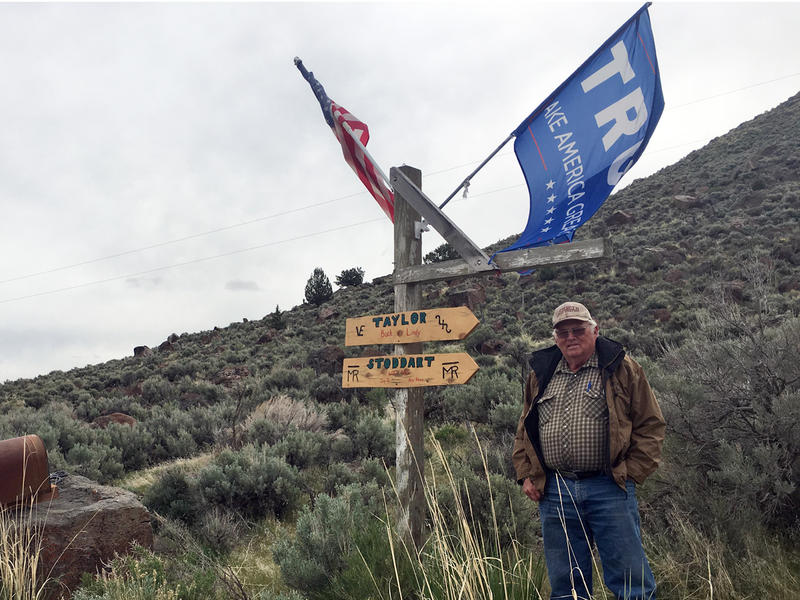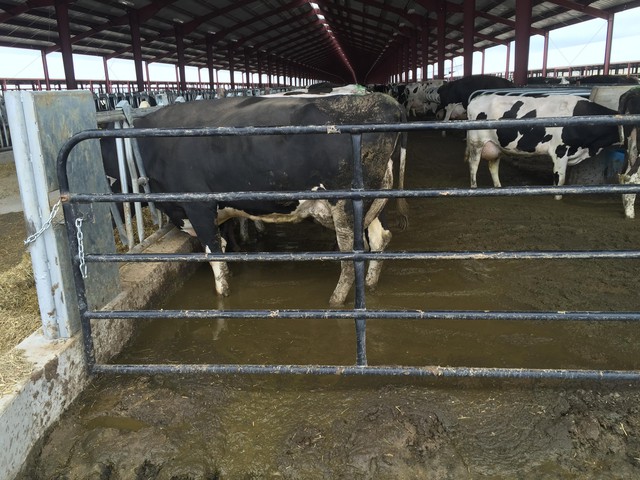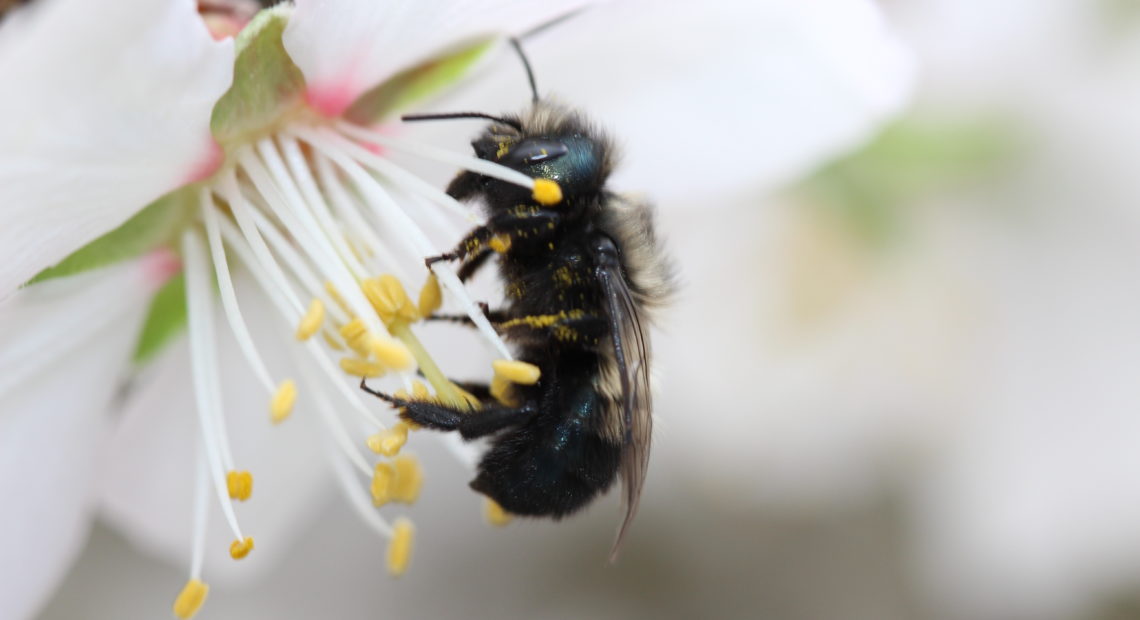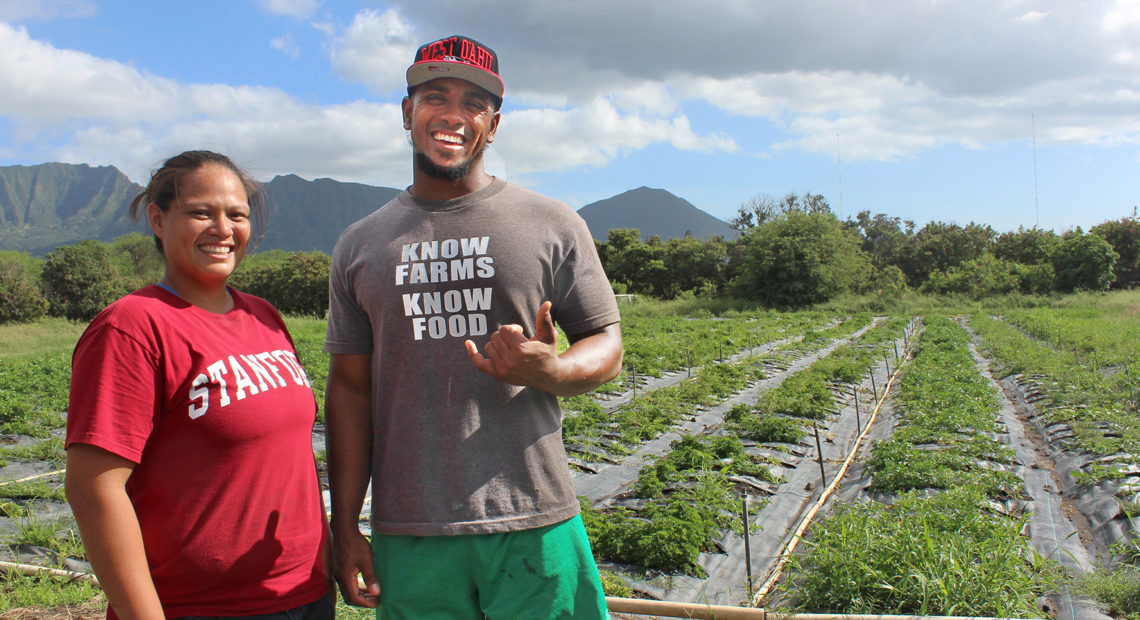For the love of Johnny Appleseed! Why are so many apples left hanging (and rotting) on trees in Northwest orchards after the fall harvest? Industry experts and growers says it’s a combination of factors – but really not due to tariffs, as some people think.Read More
More than 300 people showed up to hear speakers talk about why it’s important to either keep or alter the dams. The panel stems from a Washington state study that will guide the state’s position on dam removal.Read More
In 2019, the federal government delivered an extraordinary financial aid package to America's farmers. Farm subsidies jumped to their highest level in fourteen years, most of them paid out without any action by Congress.Read More
The possible impeachment of President Donald Trump is not the only thing moving through the U.S. House of Representatives. On Wednesday, the House passed a bipartisan bill that could give undocumented farmworkers a path to legal residence and relief to farmers short on labor. Read More
A mysterious die-off of freshwater mussels has scientists scrambling to find a cause. Freshwater mussels clean water and provide habitat to countless other species.Read More
More than a dozen haystacks have been burned under suspicious circumstances in central Washington since early October. It’s concerning to the hay industry and law enforcement. Read More
Dairy farmers in Massachusetts are using food waste to create renewable energy. Each farm produces enough to power about 1,500 homes. This helps prevent the release of methane, a greenhouse gas.Read More
Heavy rains and even an early fall snow in October matted down the garbanzo bean plants tight to the land. That means Palouse-region farmers are scrambling to dry out beans to get them to silos and co-ops. It's on top of already depressed prices due to international trade wars.Read More
The number of family farms seeking bankruptcy protection grew 24% over the last year, according to an American Farm Bureau Federation analysis of recent federal court data. The analysis found family farm bankruptcies are rising fastest in the Northwest.Read More
A class-action lawsuit argued in the Washington State Supreme Court Thursday is challenging the exemption of agricultural workers from earning overtime pay, alleging that it results in racial discrimination against the largely Latino workforce.Read More
Fertilizer runoff is fueling the toxic algae bloom in the Gulf of Mexico. Farmers could help by growing crops in rotation to reduce the need for fertilizer. But it's unclear who will buy them.Read More
Companies are trying to figure out the risks to their profits from a warming planet. Some of them are turning to high-tech tools of climate science.Read More
Join Northwest Public Broadcasting’s Gillian Coldsnow and Anna King and the American Association of University Women Palouse-Garfield Branch for a lively discussion of women in agriculture and STEM fields. WHEN: […]Read More
Right now, Northwest wheat farmers are wrapping up their harvest in many areas. But across the country, farmers are losing money on every load of that golden grain. Read More
Lots of American companies have lost sales since the Trump administration and China embarked on the current cycle of tariff-raising and retaliation. Few, if any, have been compensated as handsomely as farmers.Read More
Bee colony death continues to rise. According to the Bee Informed Partnership's latest survey, released this week, U.S. beekeepers lost nearly 40% of their honey bee colonies last winter — the greatest reported winter hive loss since the partnership started its surveys 13 years ago.Read More
Oregon State University has established what it considers to be the nation's largest hemp research center. This comes amid a surge of farmer interest in the Northwest to grow the non-psychoactive cousin of marijuana.Read More
American soil. Those are two words that are commonly used to stir up patriotic feelings. They are also words that can't be be taken for granted, because today nearly 30 million acres of U.S. farmland are held by foreign investors. That number has doubled in the past two decades, which is raising alarm bells in farming communities.Read More
A couple of federal agencies you probably haven't heard of keep track of what farmers grow, what Americans eat and how the country's entire food system operates. And the Trump administration wants them out of Washington, D.C.Read More
Growers in Washington, California and Michigan raise the majority of the nation’s domestic asparagus -- and Washington’s season is on. But business in U.S. spears is noticeably dwindling due to cheaper competition from foreign markets. That’s because there’s increasing amounts of cheaper asparagus from Peru and Mexico coming in: fresh, canned and frozen. And that’s Read More
Several major crops in Oregon and Washington are significantly delayed from foul winter weather and a cool spring. Wheat farmers are having trouble planting in the wet ground. Potatoes are still being planted a month late. And fruit tree buds are developing slowly.Read More
Researchers found that corn production accounts for 4,300 premature deaths related to air pollution every year. Ammonia from fertilizer application was by far the largest contributor to corn's air pollution footprint.Read More
Farmers aren't producing enough to keep up with the number of smaller markets that keep popping up, often in close proximity to others. This results in fewer customers, unsold food and maybe closure.Read More
One of the country’s most widely-used herbicides could be linked to an increase in early deaths from Parkinson’s disease for people who live near farmlands, according to new research in Washington.Read More
The U.S. Senate Tuesday passed a sweeping public lands bill, with measures meant to protect lands across the country. It’s expected to have a big impact on Washington’s lands, rivers and more.Read More
For six years, Yakima County has been dealing with a complicated problem – nitrates in the groundwater. This month, after missing two other deadlines, a group of citizens tasked with finding a solution finally came up with a plan. For about 2,000 people, that’s good news because they’re closer to clean water. But some critics aren’t so sure. Read More
More people than expected are drinking water that could be harmful to their health. That’s according to a new study that looked at a water contaminate that’s been an issue in one of the Northwest’s most productive farming regions.Read More
As drought has deepened across the West, much attention is paid to a colorful map that shows the hardest-hit areas. The scientists who update the map each week face enormous pressure to get it right.Read More
Farmers who grow pulse crops -- garbanzo beans, lentils and peas -- are in a bind this winter. They have to decide very soon what they’re planting for next year, and contract their seed. Pulse crops are often an important rotation crop for Western wheat growers. But there are record amounts of garbanzo beans in dry storage, and little movement of that heavily-exported Read More
For six years, Yakima County has been dealing with a complicated problem – nitrates in the groundwater. This month, after missing two other deadlines, a group of citizens tasked with finding a solution finally came up with a plan. For about 2,000 people, that’s good news because they’re closer to clean water. But some critics aren’t so sure. Read More
The chemical’s especially dangerous for babies and small children because it can have lasting neurological effects. Chlorpyrifos can blow from orchards into nearby houses; parents who work in orchards can transport the chemical home on their clothes and in their cars; and chlorpyrifos can make its way into developing fetuses through umbilical cord blood.Read More
Ranchers and farmers living in the Mountain West are vulnerable to all kinds of things—drought, fluctuating crop prices, trade wars—and in part because of those things - depression and suicide. But there's some help out there, from an unlikely source: Twitter.Read More
A new five-year federal Farm Bill that could get a vote from the House and Senate next week contains a provision to fully legalize hemp production in the U.S. Northwest hemp entrepreneurs who have been operating under restrictive state laws are excited by the possibility.Read More
Bees exposed to a type of insecticides called neonicotinoids dramatically changed their behavior — becoming sluggish, antisocial and spending less time caring for the colony's young, researchers say.Read More
Newly published research predicting beer prices could double as rising global temperatures and more volatile weather cause shortages of barley created a big splash. But brewers and barley growers say you shouldn't drown your sorrows just yet: They have a plan.Read More
Heraclio Delacruz is a Peruvian sheepherder, in Spanish what’s called a “pastor.” This is his 18th year with the Martinez family sheepherding operation in Central Washington. " ... you’re alone, with your friends the dogs, the braying sheep," he says.Read More
In late September, the Martinez brothers moved about half of those 800 sheep from the mountainous terrain around Lake Wenatchee to the irrigated, emerald pastures of Connell, in Central Washington. They did it with the help of some highly skilled men: Peruvian “pastores” or sheepherders. All the way from South America, most of them have been with the Martinez family for decades.Read More
It’s September, so the hops harvest is in full swing in Washington’s Yakima Valley. At the Carpenter family’s farm in Granger, workers are making their way between rows of trellises, pulling down vines and feeding them into a sorting machine.Read More
Once upon a time when Seattle was smaller, orchards dotted the shores of Lake Washington. Today, many of those old apple, plum and fig trees still thrive within urban neighborhoods. […]Read More
Consider this year’s apples: Born from the seeds of an earlier generation’s trees, the fruit you hold in your hand this fall will allow you “to shake hands with a […]Read More
Some winemakers are calling it the “beerification” of wine. Many Northwest winemakers are trying to make wine a little less fussy by putting it in aluminum cans.Read More
Climate change might lead to bigger populations of hungrier insects. This could have serious consequences for grain-growing regions in the Northwest and across the world.Read More
Smoke from wildfires is blanketing much of the West. That's ruining some crops and may be stunting others. And it's making it difficult or unsafe for laborers to pick the harvest.Read More
Trade was at the forefront of the conversation with U.S. Secretary of Agriculture Sonny Perdue July 2 in Spokane. Perdue said President Donald Trump has assured him “he’s not going to allow agricultural producers to bear the brunt of trade disruptions” with China, Canada or Mexico—countries Perdue calls “the big three” for U.S. international trade.Read More
Walla Walla County might just be the only place on Earth where you have to brake for bees.Read More
U.S. beef ranchers who voted heartily for President Donald Trump are getting a bit skittish about his trade wars. International tariffs are set to hit U.S. beef the first week of July.Read More
The housing shortage in Yakima is coupled with a farm labor shortage. When workers do come, where do they live? The largest farmworker complex in the state opened in Yakima this month. The revamped FairBridge hotel now hosts 800 beds for temporary farm workers. As it opens, critics think it may set a dangerous precedent: Other farmers might start buying up area housing for Read More
Lost Valley Farm, based in Boardman, is Oregon’s second largest dairy. It’s faced opposition from the beginning. Environmental groups worried about the risk of liquid manure and wastewater pollution that leaking out of storage areas.Read More
Honey bees are struggling with habitat loss, colony collapse disorder, and other challenges. One Northwest beekeeper is rethinking the kinds of bees we use to pollinate crops in the first place.Read More
The program practices tough love — Hawaiians call it kuleana, or a sense of personal responsibility. Kids commit to more than two years of work, and get free college tuition for their "sweat equity."Read More

